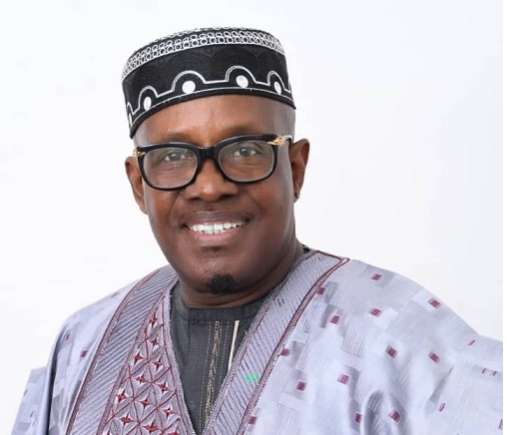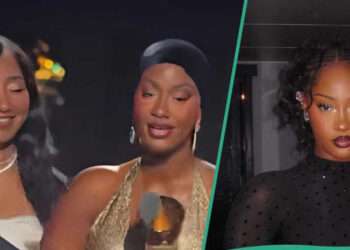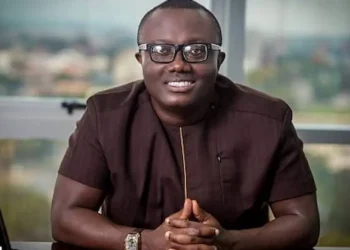The highlife genre is a vibrant and influential music genre that originated in Ghana in the early 20th century. While it has traditional roots, highlife music has adapted and evolved, thriving in modern times.
Highlife has embraced fusion with various musical styles, incorporating elements of jazz, funk, reggae, Afrobeat, and more. This blending of genres has given Highlife a fresh, mixed sound that appeals to a wider audience.
Artists from different cultures incorporate highlife elements into their music, blending them with their styles to create innovative sounds. This cross-pollination has helped Highlife thrive and maintain its relevance.
Highlife music traditionally conveyed social and political messages, and this tradition continues in modern times. Highlife artists address contemporary issues, such as social justice, love, and the challenges of everyday life, making their music relatable to today’s audience.
In addition to the traditional highlife ensemble, which typically consists of guitars, horns, percussions, and vocals, modern highlife incorporates electronic instruments and production techniques. This integration of modern technology has contributed to a more contemporary and polished sound.
According to renowned Ghanaian musician and songwriter Okyeame Kwame, he noted that as technology has advanced, the Highlife sound had to change to remain relevant and keep up with how music is consumed.
The musician emphasized that the Highlife genre has simply adapted to modern times rather than being lost.
“It has changed to work with the current technology that we have. That’s why we cannot force Kwami Eugene to create music like Daddy Lumba or Daasebre Dwamena.”
Okyeame Kwame
This follows recent conversations that the local genre has lost because songs that are currently termed Highlife are without the signature features of the genre.
The highlife genre has shown great adaptability and continues to evolve while maintaining its essence. Through fusion, instrument experimentation, relevant lyrics, and global exposure, highlife has managed to capture the spirit of modern times and resonate with both old and new audiences.
Supporting Local Music Culture

Supporting local artists is essential for fostering a thriving music industry and promoting cultural expression.
Listening to Ghanaian music helps to stay updated with the latest releases from local artists.
Spreading the word about one’s favorite Ghanaian artist and their music on social media platforms by sharing their songs, videos, and concert details helps promote them to a wider audience.
Local concerts, gigs, and festivals where Ghanaian artists are performing are to be checked out as this not only allows fans to experience the music firsthand but also shows support for the local music scene.
Interacting with Ghanaian artists on platforms like Twitter, Instagram, or Facebook by commenting on their posts, sharing thoughts about their work, and showing appreciation. This direct engagement can be encouraging for artists and also provides an opportunity to connect with them on a personal level.
Building partnerships and creating opportunities for local artists can broaden their reach and help them gain international recognition.
The Musicians Union of Ghana (MUSIGA), as part of their commitments to promote Ghanaian music, has disclosed plans to host a Ghana Music Festival every December.
President of the Musicians Union of Ghana (MUSIGA), Bessa Simons explained that the festival will serve as a platform to celebrate Ghanaian music and attract music enthusiasts and diasporans during the festive season.
“We are planning to host a Ghana music festival every December for tourists and visitors to enjoy. This festival is going to bring music from all regions of Ghana and it is going to be so big. So let’s embrace our music, listen to our music, get used to our music, download our music, and support our local artists.”
Bessa Simons
He stressed that fostering a greater appreciation for Ghanaian music is a shared responsibility and encouraged individuals to actively engage with and celebrate their cultural heritage all year round.
“We encourage every radio station to play more Ghanaian music. You know, the more you hear your music, the more you get used to and it becomes embedded in us and we enjoy it more. It doesn’t have to be only December.”
Bessa Simons
Supporting local artists is not just about consuming their music, but also about creating an ecosystem that sustains and promotes their craft.
READ ALSO: Ghana’s Performance Tracker: A Double-Edged Sword for the Government





















